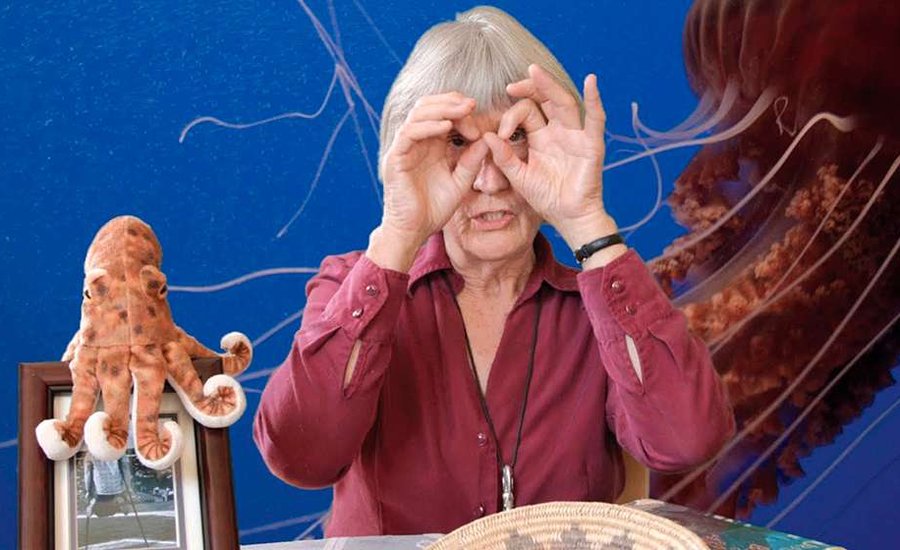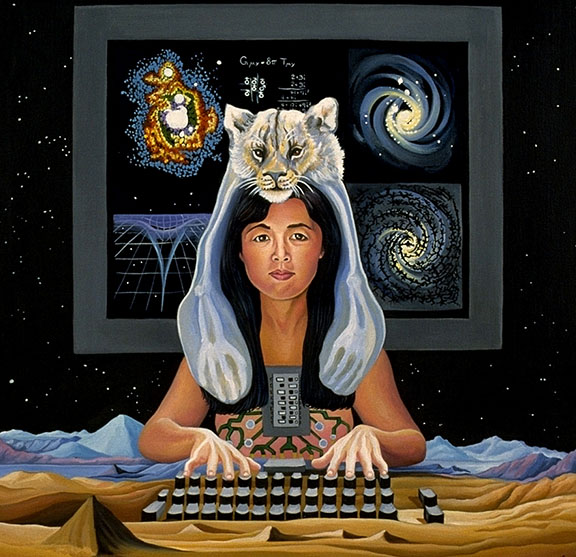
The Futurist: Donna Haraway
"By the late twentieth century, our time, a mythic time, we are all chimeras, theorized and fabricated hybrids of machine and organism; in short, we are cyborgs."
— Donna Haraway
Donna Haraway is a prominent scholar in the field of science and technology studies. She is not a science fiction author, but her speculative thinking has had a huge impact on the field of science, the feminist community, and creators. Her most famous essay “A Cyborg Manifesto: Science, technology, and Socialist-Feminism in the Late Twentieth Century” is the fundamental piece for Cyberfeminism and Post-humanism. The evolutionary and boundary-breaking arguments in her work keep inspiring authors and creators in various fields.
Haraway was born in Denver, Colorado, in 1944. Her father Frank O.Haraway was a sportswriter. Growing up around her father's adoration for sports writing is a major part of her love for writing. They talked a lot about words and their fascination with them at the dinner table.[1]
Haraway went to Colorado College majoring in Zoology, with minors in philosophy and English. After college, she studied evolutionary philosophy and theology in Paris and completed her Ph.D. in biology at Yale.
Her books and essays bring together questions of science and feminism, such as “A Cyborg Manifesto: Science, Technology, and Socialist-Feminism in the Late Twentieth Century" and "Situated Knowledges: The Science Question in Feminism and the Privilege of Partial Perspective"

In Haraway’s more recent years, she has been a leading scholar in contemporary ecofeminism. Her more recent book, Staying with the Trouble: Making Kin in the Chthulucene, offers provocative new ways to reconfigure our relations to the earth and all its inhabitants. She keeps using science fact, science fiction, speculative feminism, and speculative fabulation to create new positive possibilities for multi-species.
"It matters what matters we use to think other matters with; it matters what stories we tell to tell other stories with; it matters what knots knot knots, what thoughts think thoughts, what descriptions describe descriptions, what ties tie ties. It matters what stories make worlds, what worlds make stories."
— Donna Haraway
[1] Haraway, Donna J., How Like a Leaf: Donna J. Haraway an interview with Thyrza Nichols Goodeve. Routledge, 2000, pp. 6–7.